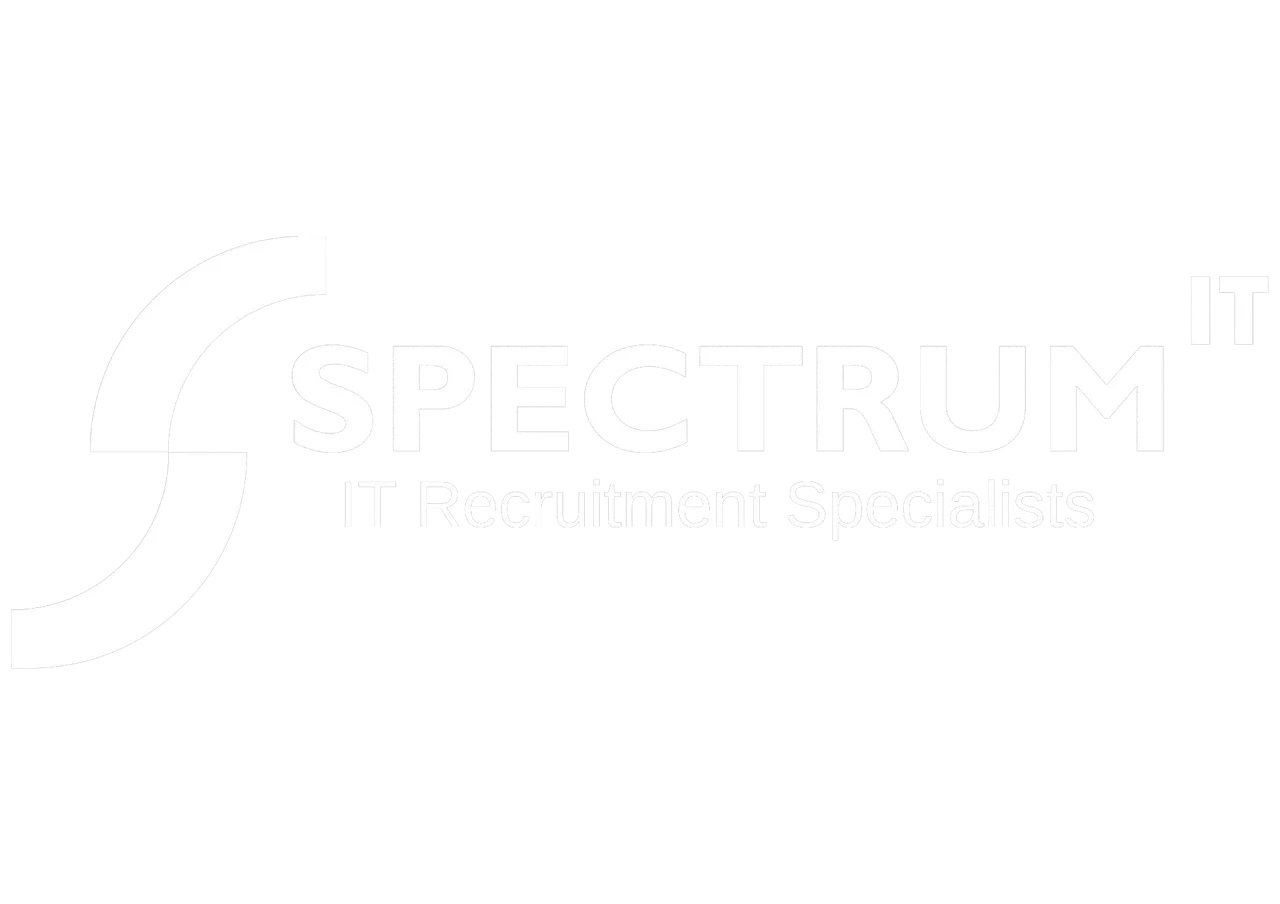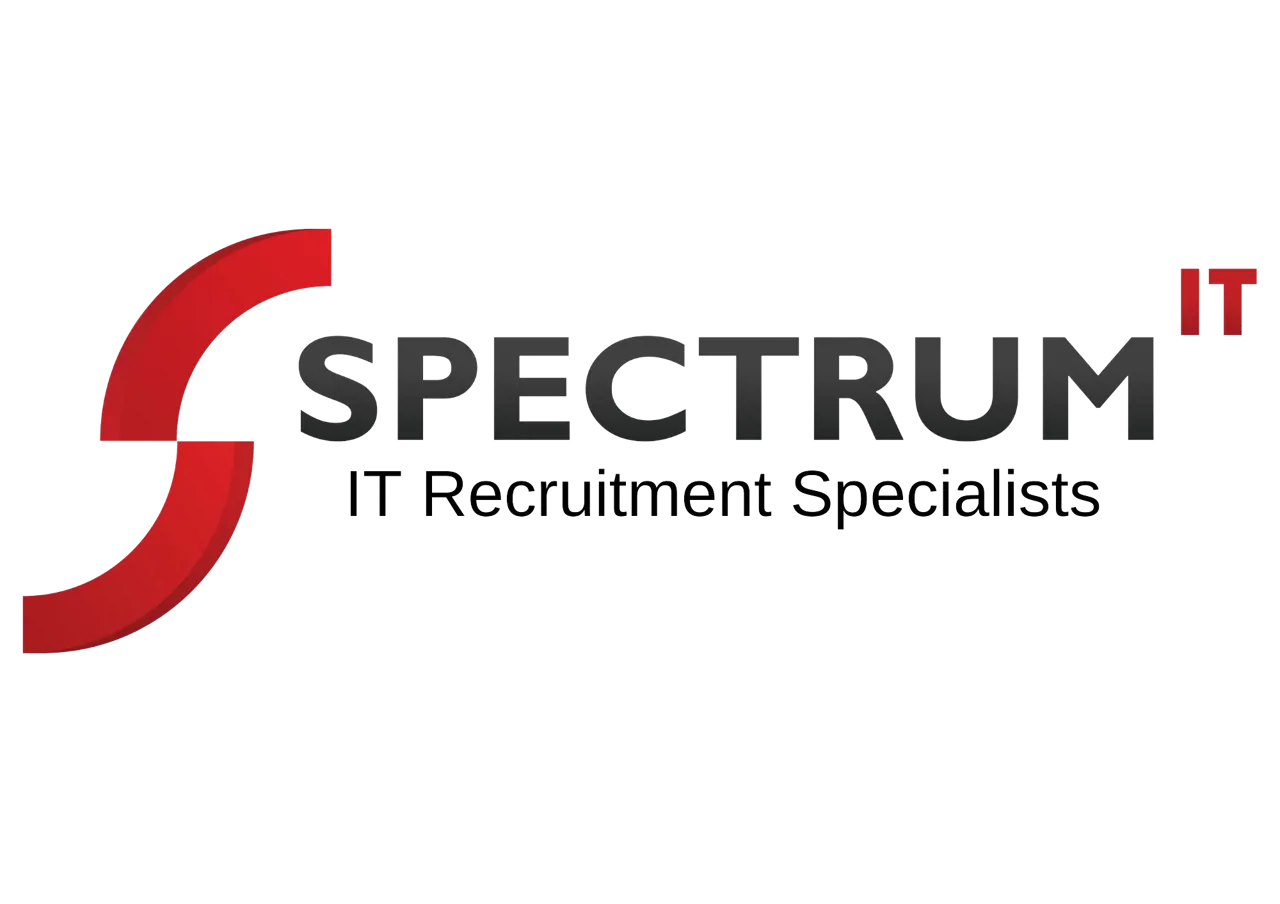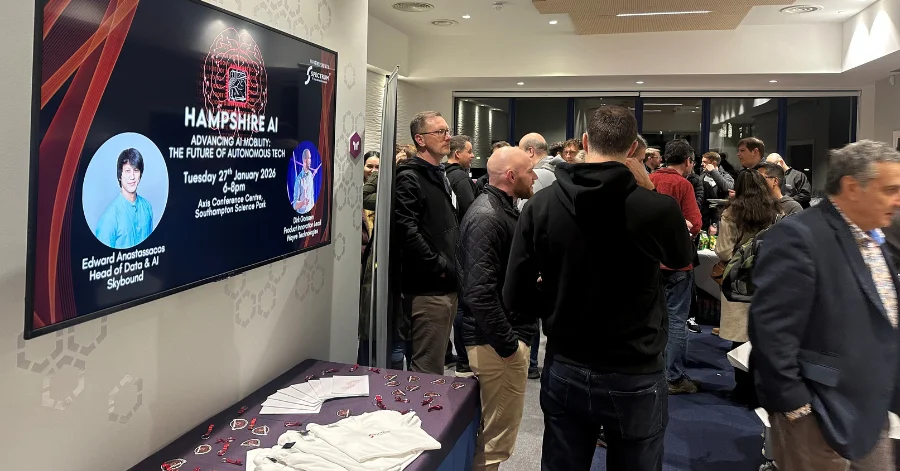Understanding European Tech Market Trends 2025
14 Aug, 202514 minutes
The EU tech market is rapidly evolving, driven by innovation, collaboration, investment and the impact of new regulation. For both hiring companies and tech professionals alike, it pays to stay ahead of the latest developments.
Staying informed about these shifts is key to making smart hiring and career decisions. In this article, we explore the state of the EU tech market, the influence of policy and investment, and which roles are most in demand in 2025.
The impact of policy and investment
Europe’s digital transformation is evolving exponentially, supported by high-impact policies and regulations that are being implemented across the region. The Digital Services Act (DSA), Digital Markets Act (DMA) and the newly approved AI Act are reshaping how tech companies operate. They aim to improve transparency and competitiveness, fostering trust around emerging technologies, and upskilling the next generation.
These policies are part of the EU’s broader Digital Decade strategy, a vision for a stronger and digitally resilient Europe, and we are seeing an increased demand for professionals in areas such as:
- AI governance and ethics
- Data protection and compliance
- Digital infrastructure
- Cybersecurity

Meanwhile, investment in EU tech remains strong, with particular focus on cloud infrastructure, cybersecurity, robotics and AI startups.
- InvestAI Initiative: In 2025, the European Commission launched InvestAI, a €200 billion initiative to accelerate AI development. Of this, €20 billion will fund new AI gigafactories, providing the supercomputing infrastructure needed for advanced AI training and deployment.
- Scaleup Europe Fund & Startup Strategy: As part of the new Startup and Scaleup Strategy, the Commission introduced the Scaleup Europe Fund to close late-stage financing gaps. The European Innovation Council (EIC) has also been expanded, with a €1.4 billion budget to support deep-tech and high-impact innovation.
- Digital Europe Programme: Between 2025–2027, €1.3 billion has been allocated to support AI, cybersecurity, digital skills and European Digital Innovation Hubs, with €181 million already open for applications.
According to a recent Forrester report, a research and advisory firm, European tech spend is expected to reach €1.4 trillion in 2025, accounting for nearly a third of global IT spend. Much of this will go toward IT and software services, AI-capable hardware, cloud infrastructure as a service (IaaS) and generative AI software.
The State of European Tech 2024 report also highlights that 21% of European tech investment supports green and ethical innovation, showing sustainability is a core trend.
Regulation: General-Purpose AI Code of Practice
In July 2025, the EU published its final Code of Practice for General-Purpose AI (GPAI), designed to help companies align with the AI Act. The framework addresses transparency, safety and copyright.
Remote and Hybrid Work Changes
Remote and hybrid working continue to be widely adopted across the EU, supported by national policies that promote work-life balance. In 2024, 12.3% of the EU tech workforce was working remotely, though there are regional variations ranging from around 40% in the Nordic countries to 10-15% in Eastern Europe.
As digital nomad visas become more common across EU member states (including Portugal, Estonia, and Croatia), location-independent work is on the rise.
This shift creates opportunities and challenges. Employers benefit from borderless recruitment with access to broader talent pools, helping to fill skills gaps in a cost-effective way, while job seekers face increased competition, particularly for remote-first roles. The expansion of remote work in itself has increased the need for roles that enhance security requirements, robust internal systems and architecture.

In-demand European Tech Roles
For both companies building out teams and tech talent planning their next career move, these are some of the roles with the strongest demand across the EU market:
- AI & Machine Learning Engineers – As AI adoption grows across sectors, experienced professionals who can design, train and deploy models are highly sought after.
- Cybersecurity Specialists – With more companies handling sensitive data and navigating complex compliance rules, cybersecurity is an ongoing priority.
- Cloud Architects & Engineers – Ongoing cloud transformation is driving demand for experts in building and optimisation bespoke cloud solutions.
- Data Analysts & Scientists – As data drives strategy, skilled talent who can analyse and interpret complex datasets remain in high demand.
- DevOps Engineers – With rapid tech development, DevOps experts are key to ensuring smooth, fast software delivery and implementation, and demand for this role is now outpacing supply.
- Full Stack Developers – Versatile developers who can handle both front-end and back-end responsibilities are especially attractive for fast-moving EU tech teams.
What comes next
The EU tech market is poised for continued growth through 2025, especially in areas like cybersecurity, AI and digital infrastructure. Initiatives such as InvestAI, the Scaleup Europe Fund and the AI Code of Practice highlight Europe’s ambition to lead globally while balancing innovation with ethics and sustainability.
A shortage of skilled tech talent may affect some businesses, making it more important than ever to attract and retain the right talent. For tech professionals, the current market offers strong opportunities, particularly those with specialised skills and cross-border experience.
Stay ahead of the market with Spectrum IT Recruitment
At Spectrum IT Recruitment, we help professionals and employers navigate a constantly evolving landscape. Whether you’re hiring for key roles or seeking your next position in Europe’s fast-moving tech sector, we’re here to help you stay ahead in tech.
Get in touch for personalised advice
Information in this article is correct at the time of posting but may be subject to updates or changes.





